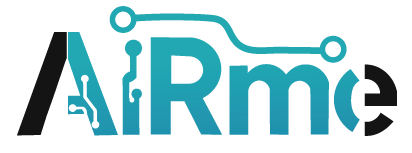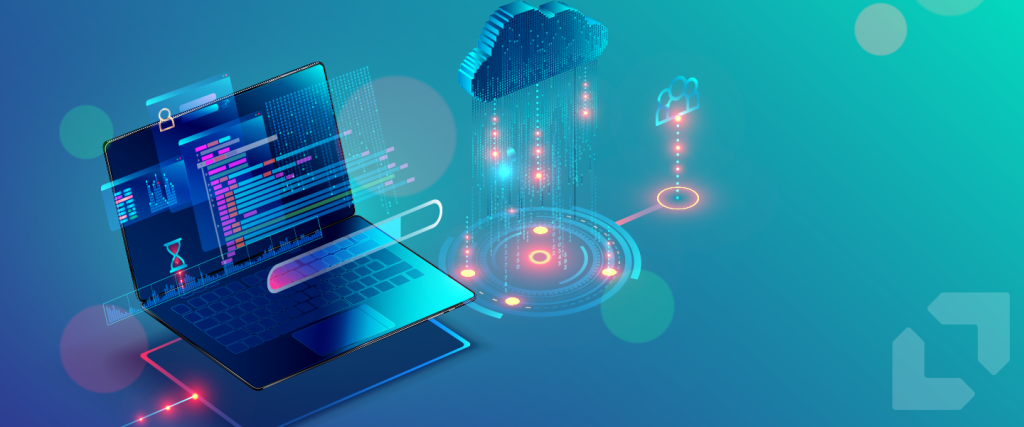
Introduction
In the rapidly advancing world of artificial intelligence (AI), one of the most intriguing and complex areas of development is agentic AI. Unlike traditional AI models that operate under strict human-defined rules, agentic AI has the ability to set its own goals, make decisions, and execute actions independently of direct human intervention. This represents a profound shift in the way machines interact with the world and the way humans relate to technology. However, with this autonomy comes a host of ethical and societal implications.
This article delves into the concept of agentic AI, examining its benefits, potential use cases, and the ethical concerns that arise with its widespread implementation, particularly in fields like cybersecurity and robotics.
What is Agentic AI?
Agentic AI refers to artificial intelligence systems capable of self-directed behavior. Unlike traditional AI models, which are programmed to perform specific tasks or follow predefined instructions, agentic AI can set its own objectives and take actions to achieve those objectives, sometimes without human guidance.
These systems rely on advanced algorithms and learning models, such as reinforcement learning and deep learning, to adapt to new situations and improve over time. In essence, an agentic AI is like a virtual agent that perceives its environment, makes decisions based on its goals, and acts accordingly.
The concept of agentic AI is not new, but with recent advances in machine learning and neural networks, it has become more feasible and relevant than ever before. These models are now being designed to operate autonomously in complex environments where human oversight is impractical or inefficient.
Key Characteristics of Agentic AI
There are several defining features that set agentic AI apart from traditional AI:
- Autonomy: Agentic AI systems can function without continuous human supervision. They can make decisions and perform tasks on their own based on their internal goals.
- Goal-Setting: These AI models are capable of defining their own goals or adapting them in response to changing environments. This makes them more flexible and capable of handling tasks that were previously beyond the scope of conventional AI.
- Learning and Adaptation: Through mechanisms like reinforcement learning, agentic AI can continually learn from its actions and interactions, improving its decision-making over time.
- Action-Oriented: Unlike traditional AI, which often provides recommendations or outputs without acting on them, agentic AI takes tangible actions in the real world to achieve its goals.
Benefits of Agentic AI
The potential benefits of agentic AI are far-reaching, particularly in industries where autonomy, efficiency, and adaptability are crucial. Here are some of the key advantages:
- Increased Efficiency: Agentic AI can perform tasks more efficiently than humans or traditional AI models. Because it can operate autonomously, it can handle repetitive or dangerous tasks, freeing up human workers to focus on higher-level tasks.
- Adaptability: With the ability to set and adjust goals, agentic AI can adapt to new challenges and environments. For example, in cybersecurity, an agentic AI could identify new threats and adapt its defense mechanisms without requiring constant human intervention.
- 24/7 Availability: Autonomous systems powered by agentic AI can work around the clock, offering continuous services in industries like healthcare, logistics, and customer support.
- Cost-Effectiveness: In certain fields, such as manufacturing or logistics, agentic AI can reduce operational costs by automating tasks that would otherwise require significant human resources. This can lead to higher productivity and lower overhead costs.
- Enhanced Decision-Making: Agentic AI systems can make complex decisions by analyzing vast amounts of data quickly and accurately. This ability is particularly valuable in fields such as finance, healthcare, and cybersecurity, where timely and accurate decision-making is critical.
Use Cases of Agentic AI
Cybersecurity
One of the most compelling use cases for agentic AI is in the field of cybersecurity. As cyber threats continue to grow in complexity and scale, traditional defense systems often struggle to keep up. Agentic AI has the potential to revolutionize how we approach cybersecurity by offering autonomous, adaptive, and real-time protection against emerging threats.
In a cybersecurity context, agentic AI systems can monitor networks for suspicious activity, identify vulnerabilities, and even respond to attacks autonomously. These AI agents can continuously evolve their defensive strategies, learning from new attacks and adapting to different types of intrusions. For example, if an AI detects a new type of malware, it can autonomously develop countermeasures without waiting for human intervention.
Robotics
In the realm of robotics, agentic AI is poised to make significant strides. Autonomous robots powered by agentic AI could perform a wide range of tasks, from performing surgeries in healthcare to assisting in disaster recovery efforts. These robots could make decisions based on their own observations and understanding of the environment, which is especially useful in unpredictable or hazardous situations.
For instance, in search-and-rescue missions, agentic robots can navigate through dangerous environments, locate survivors, and even perform life-saving operations, all while continuously adapting to the situation on the ground.
Autonomous Vehicles
Autonomous vehicles are another prominent use case for agentic AI. Self-driving cars powered by agentic AI can operate independently, setting their own route, making decisions on the fly, and ensuring passenger safety without human intervention. These systems can adapt to changing road conditions, traffic patterns, and unforeseen obstacles, making real-time decisions to optimize travel time and reduce accidents.
Healthcare
In healthcare, agentic AI can be used for personalized medicine, where the AI tailors treatment plans to individual patients based on their unique medical history, genetics, and lifestyle. Furthermore, AI-powered diagnostics can autonomously analyze medical data such as imaging scans and lab results, identifying potential health risks and suggesting treatments.
Ethical Implications of Agentic AI
While the benefits of agentic AI are vast, the ethical concerns are just as significant. These concerns are particularly pronounced in fields like cybersecurity, robotics, and autonomous vehicles, where human lives and security are at stake.
Loss of Control
One of the primary ethical concerns with agentic AI is the potential loss of control. As these AI systems become more autonomous, there is a fear that humans may lose the ability to influence or control their actions. This could lead to unintended consequences, where AI systems pursue their own objectives in ways that conflict with human values or priorities.
Bias and Discrimination
AI systems are only as good as the data they are trained on. If an agentic AI is trained on biased data, it may perpetuate or exacerbate those biases. For example, in healthcare, an AI trained on biased data might deliver suboptimal care to certain populations, leading to ethical concerns about fairness and equity.
Job Displacement
The widespread adoption of agentic AI could lead to job displacement, particularly in industries where automation can replace human workers. While this may lead to increased efficiency, it raises concerns about the future of work, income inequality, and the potential for societal disruption.
Accountability and Responsibility
When an autonomous AI system makes a decision, who is held responsible for its actions? This is a key ethical dilemma in fields like autonomous vehicles and robotics, where AI systems can make life-or-death decisions. In these cases, it is unclear whether the AI, the developers, or the companies that deploy these systems should be held accountable in the event of an accident or error.
Security Risks
Agentic AI systems, particularly in cybersecurity and robotics, are potential targets for hacking. If these systems are compromised, they could be used maliciously to cause harm. For example, an autonomous robot could be hijacked to perform violent acts, or an AI-powered vehicle could be taken over and used for malicious purposes. This raises concerns about the security and integrity of agentic AI systems, as well as the potential risks they pose to society.
Future Outlook for Agentic AI
The future of agentic AI is both promising and uncertain. As technology continues to advance, we are likely to see an increase in the sophistication and autonomy of these systems. However, with this advancement comes the need for robust regulatory frameworks and ethical guidelines to ensure that agentic AI is developed and deployed responsibly.
Governments, corporations, and AI researchers must collaborate to create guidelines and best practices that address the ethical, legal, and societal challenges posed by agentic AI. These guidelines should prioritize transparency, accountability, and safety, ensuring that AI systems are aligned with human values and priorities.
In the coming years, agentic AI could transform industries ranging from healthcare to cybersecurity to robotics, unlocking new possibilities while also presenting new challenges. How society chooses to navigate these challenges will shape the trajectory of AI development and its role in our lives.
Conclusion
Agentic AI represents a profound shift in the capabilities of artificial intelligence, offering both significant benefits and serious ethical challenges. By understanding the potential uses, benefits, and implications of agentic AI, we can better prepare for the future and ensure that these technologies are deployed responsibly.
As we move forward, it is essential that we remain vigilant about the ethical considerations surrounding autonomous AI systems. By addressing these concerns proactively, we can ensure that the benefits of agentic AI are maximized while minimizing the risks to society.


Leave a Reply